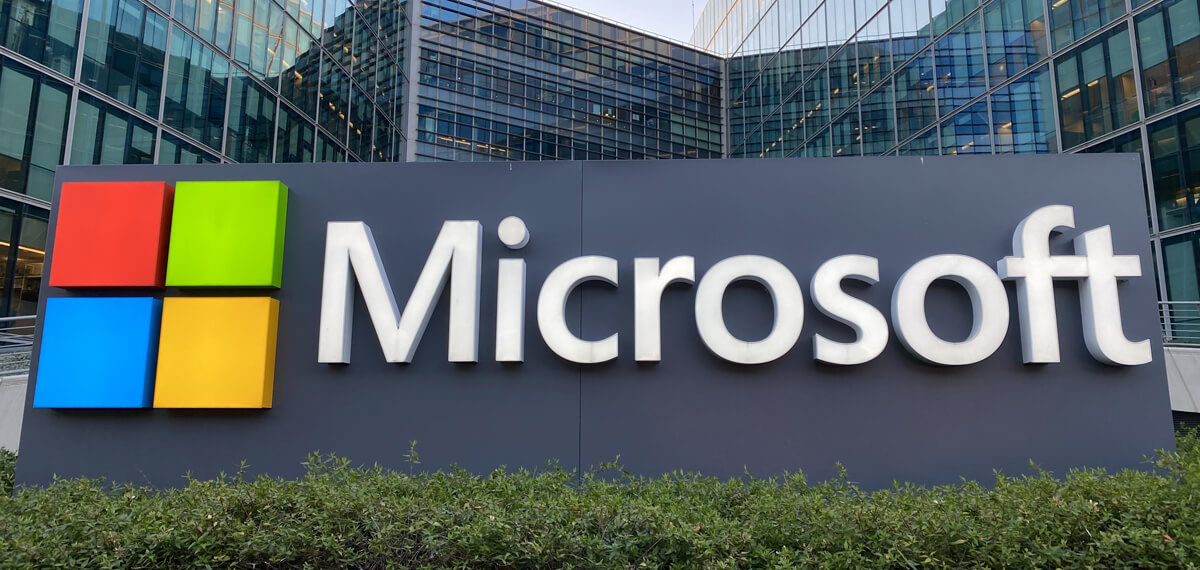Microsoft License
Microsoft License
Microsoft offers a variety of software products and services, each with its own licensing terms and conditions.
-
- Open License: Designed for small to midsize organizations and allows for the flexibility to acquire licenses as needed.
- Enterprise Agreement (EA): Targets larger organizations and offers a comprehensive licensing package with additional benefits like Software Assurance.
- Select Plus Agreement: Offers a flexible and non-expiring agreement for organizations with varying software needs.
-
- Software Assurance (SA) is an add-on to volume licensing agreements, providing benefits like access to the latest software releases, training, and support.
-
- Each Microsoft product has its own licensing terms. Common products include Windows operating system, Office Suite, SQL Server, SharePoint, Exchange Server, and more.
- Licensing models can vary, such as per user, per device, or subscription-based.
-
- Many Microsoft products are offered through subscription models, such as Microsoft 365 and Azure services.
-
- Required for certain server products like Windows Server, Exchange Server, and SharePoint Server.
- CALs can be user-based or device-based.
-
- Microsoft Azure provides a range of cloud services, and licensing is often based on consumption (pay-as-you-go) or through specific subscription plans.
-
- Pre-installed licenses on hardware devices purchased from OEMs.
-
- Microsoft offers special licensing for home and student use, typically at a lower cost and with limited features compared to business or enterprise versions.
-
- Most Microsoft products require activation to ensure compliance with licensing terms.
